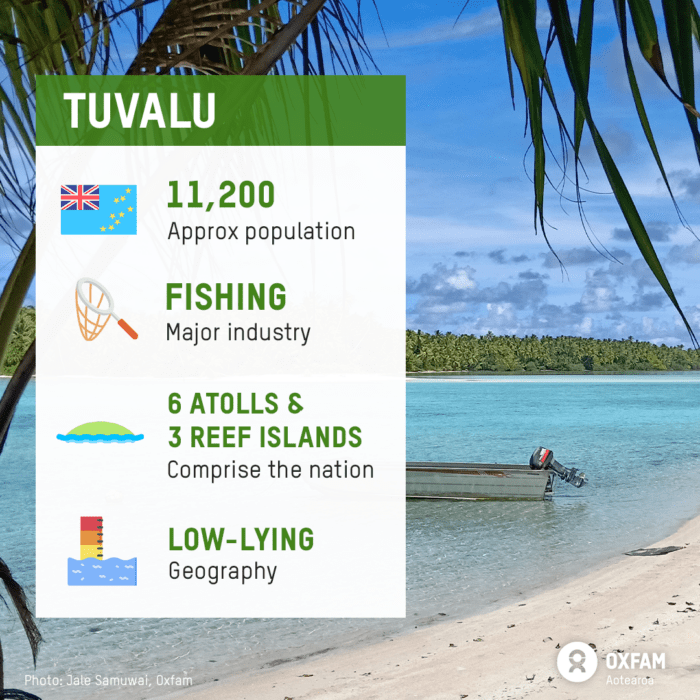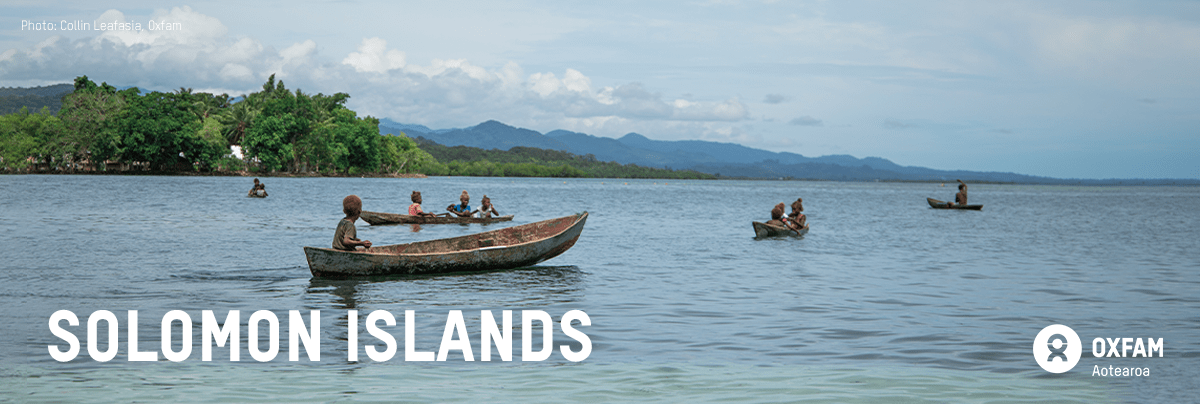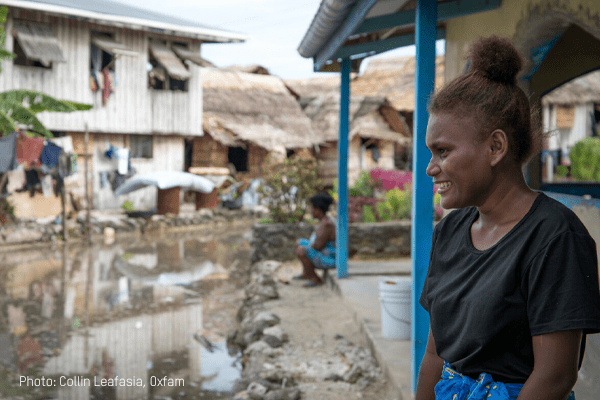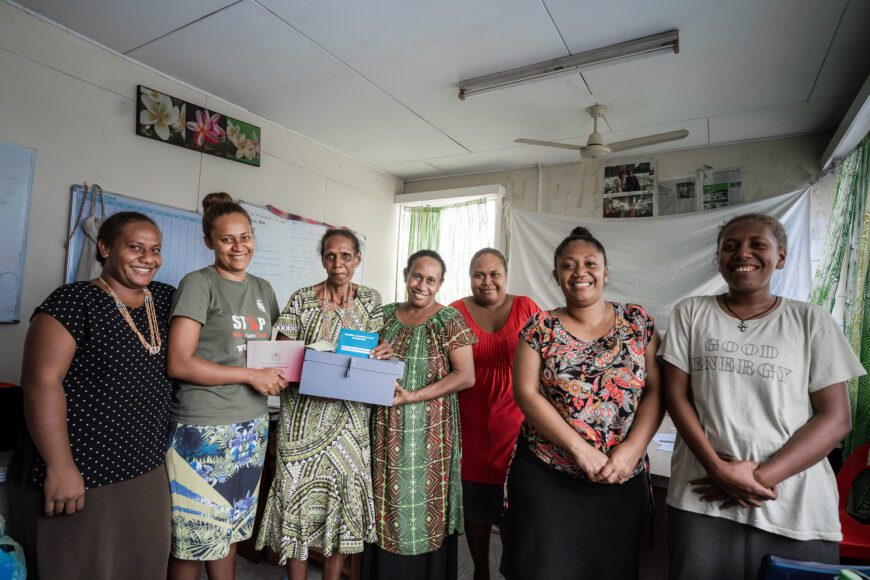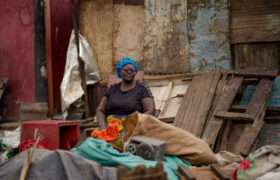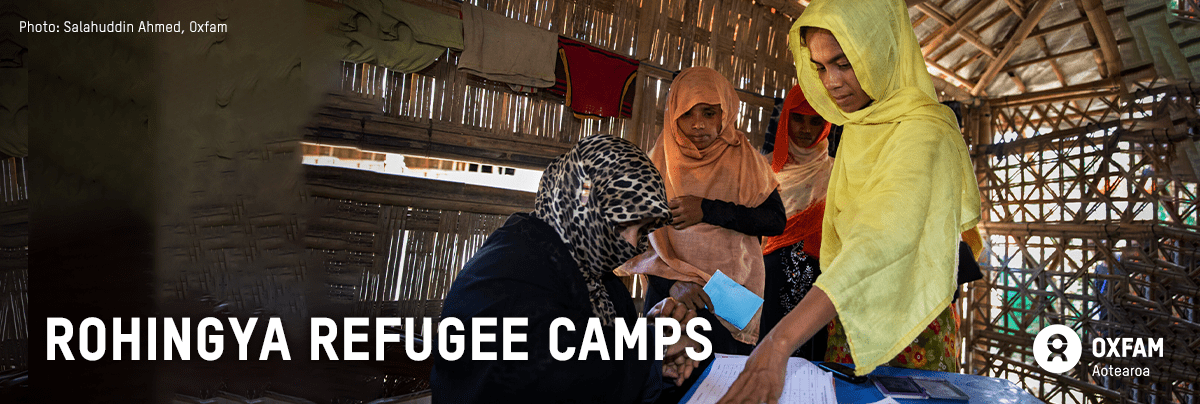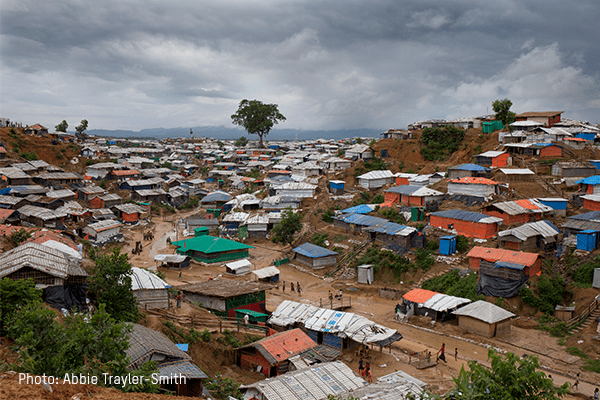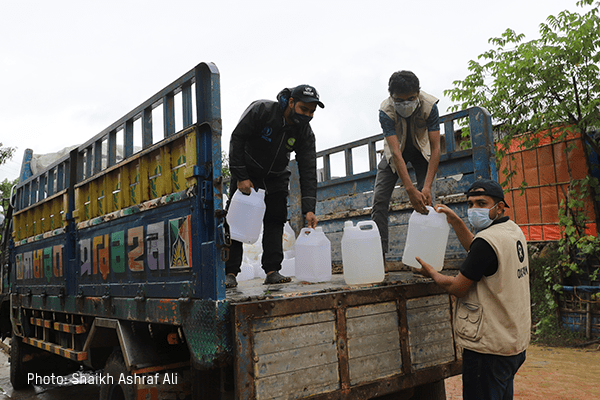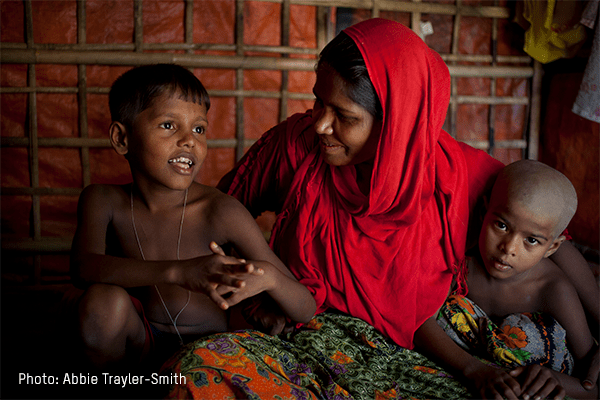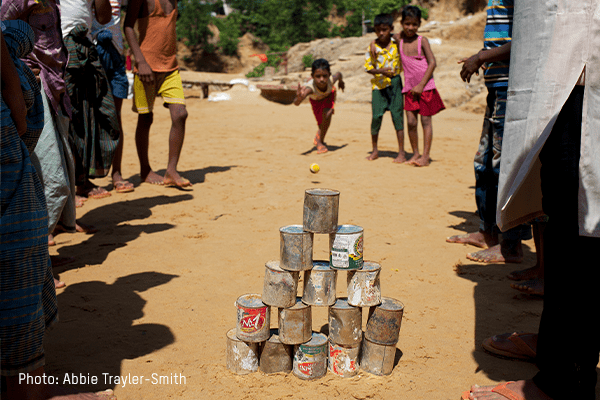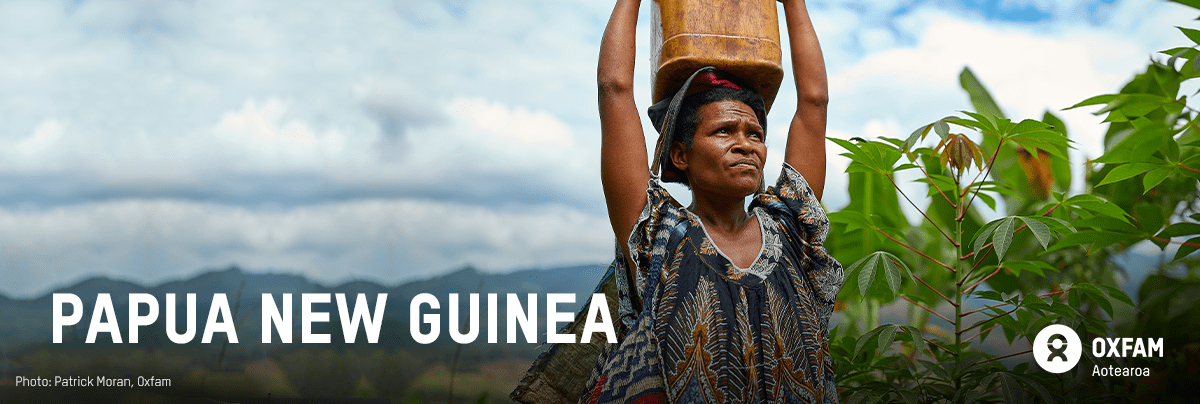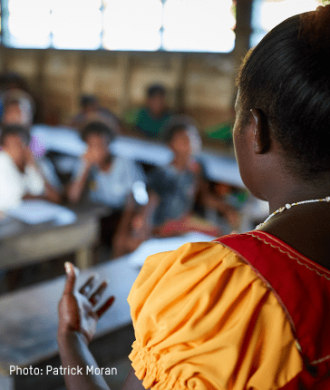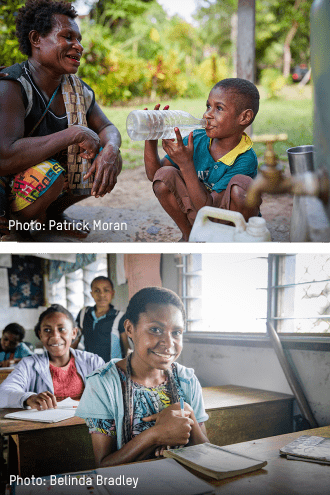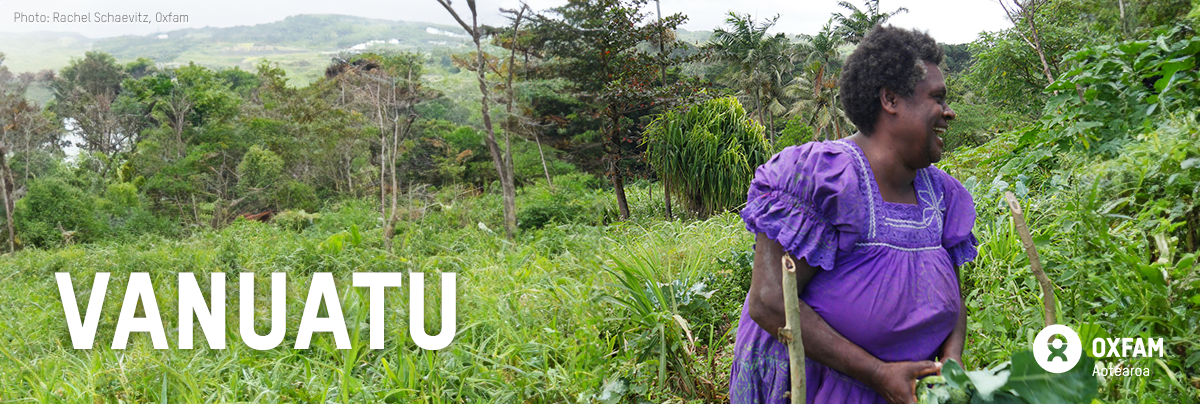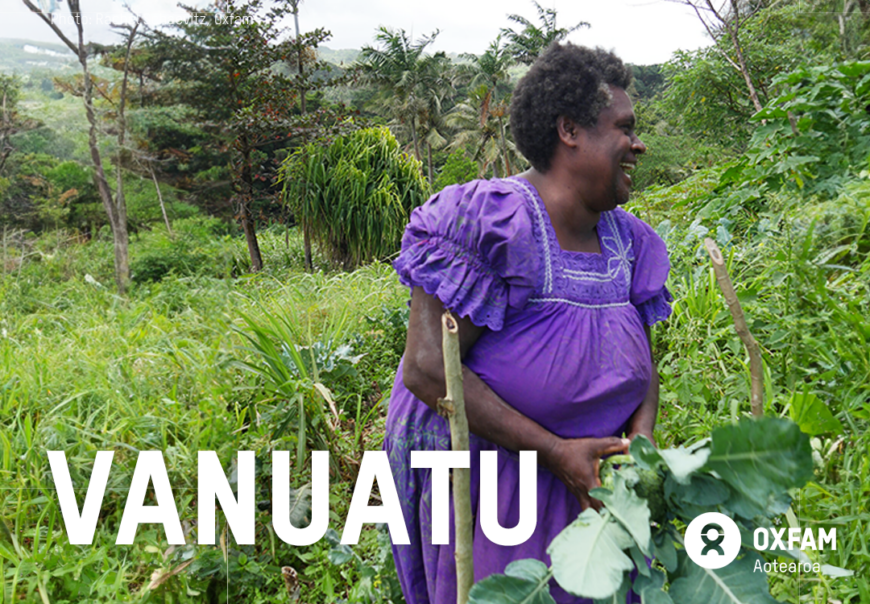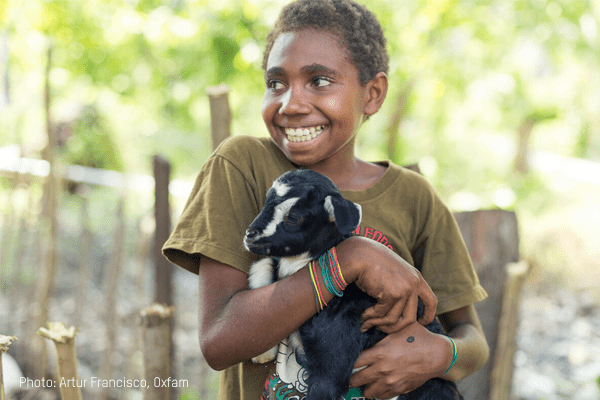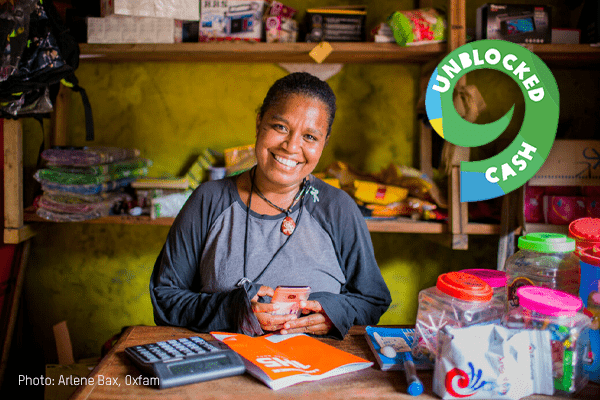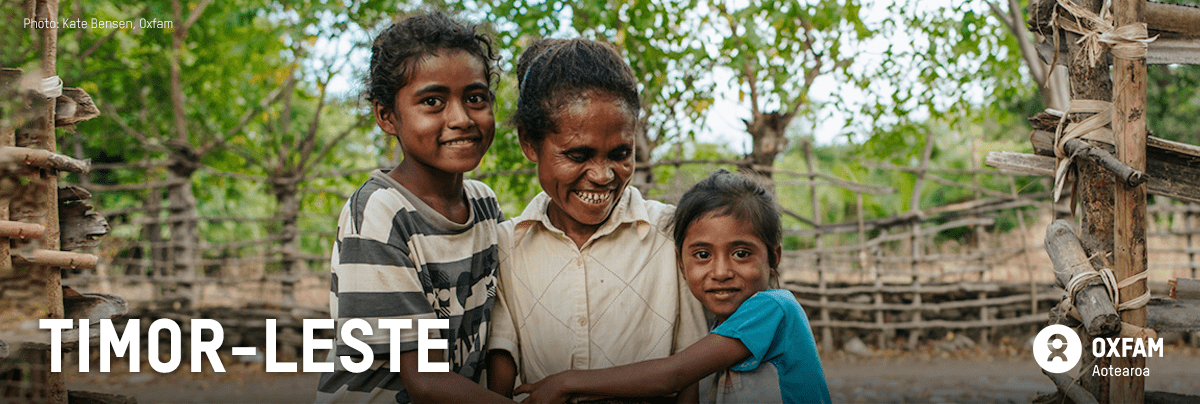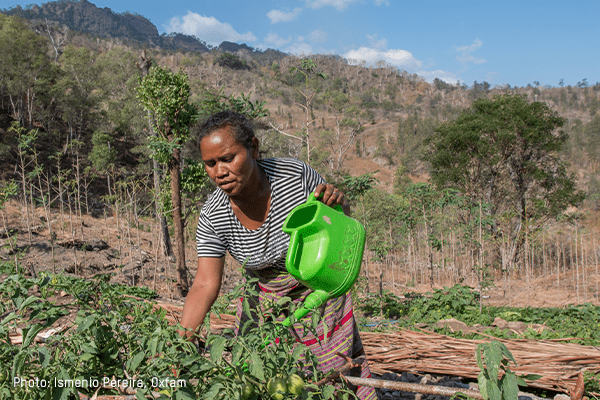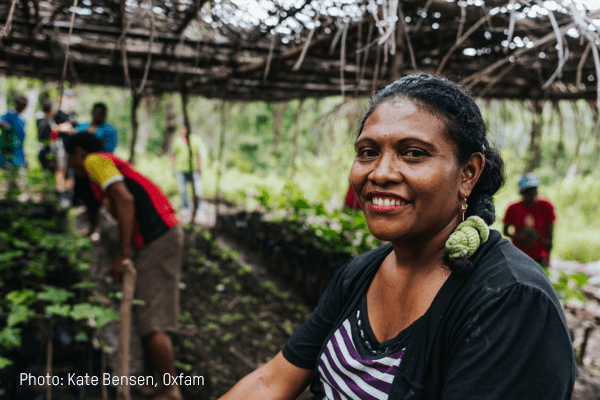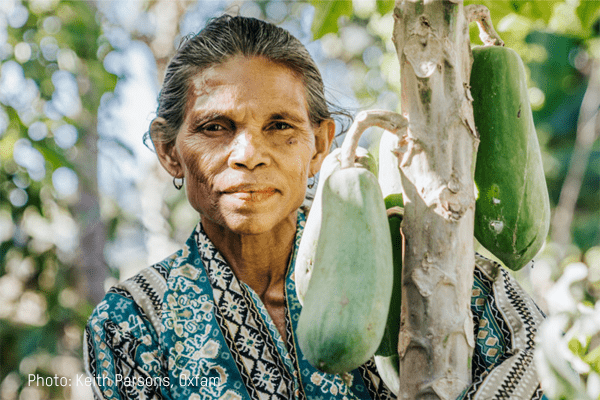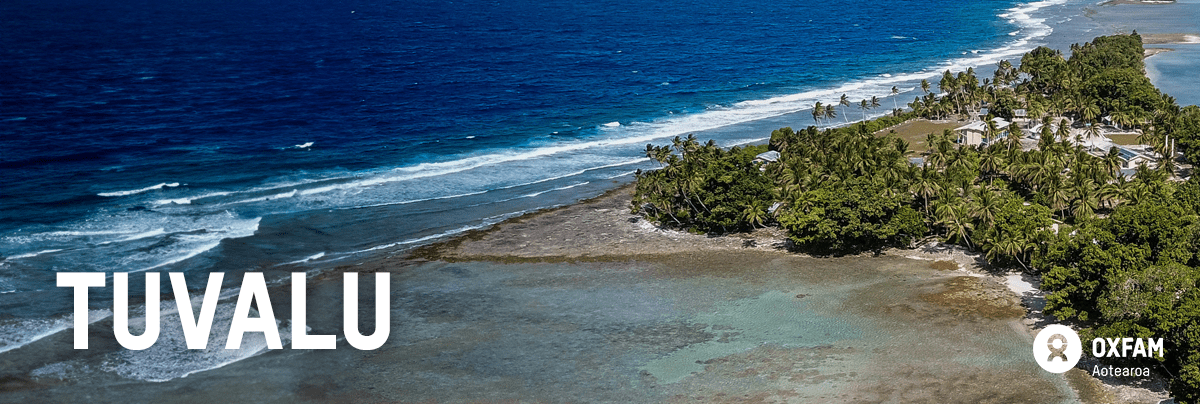
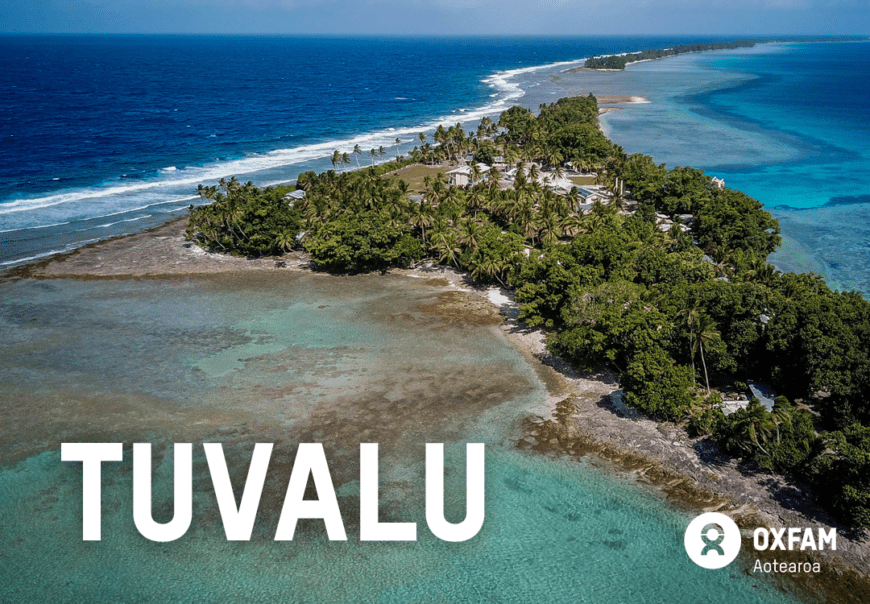
Country profile:
One of the smallest and most remote countries on Earth, Tuvalu is comprised of nine coral atolls in the South Pacific Ocean, about halfway between Hawaii and Australia. The islands are extremely low-lying and sea level rise is a direct threat to lives, assets, livelihoods and ecosystems. Other climate-induced threats include rising atmospheric and surface ocean temperatures, prolonged droughts, coral bleaching, tropical cyclones, storm surges, and salt spray.
Tuvalu is primarily a patriarchal and patrilineal society, and men dominate both traditional and formal political power structures. Historically, major social institutions have been family-based under the leadership of the matai (head of clan), and deep-seated social norms discourage women from contributing to public decision-making processes.
FACT SHEET
- Capital: Funafuti
- Population: 11, 639 with over half of the population residing on the atoll of Funafuti (2023)
- Covers 26 sq km of land area
- Tuvalu gained independence from the UK in 1978
- 66% of the population live in urban areas
- 26.3% of the population live below the poverty line
- 91% of the population have access to improved sanitation and clean drinking water (2023)
- 20% of the youth population (between ages 15-24) are unemployed (2023)
- Tuvaluans spend an average of 10.5 years in school (2020)
- 46% of women (over age 15) participate in the workforce (2021)
